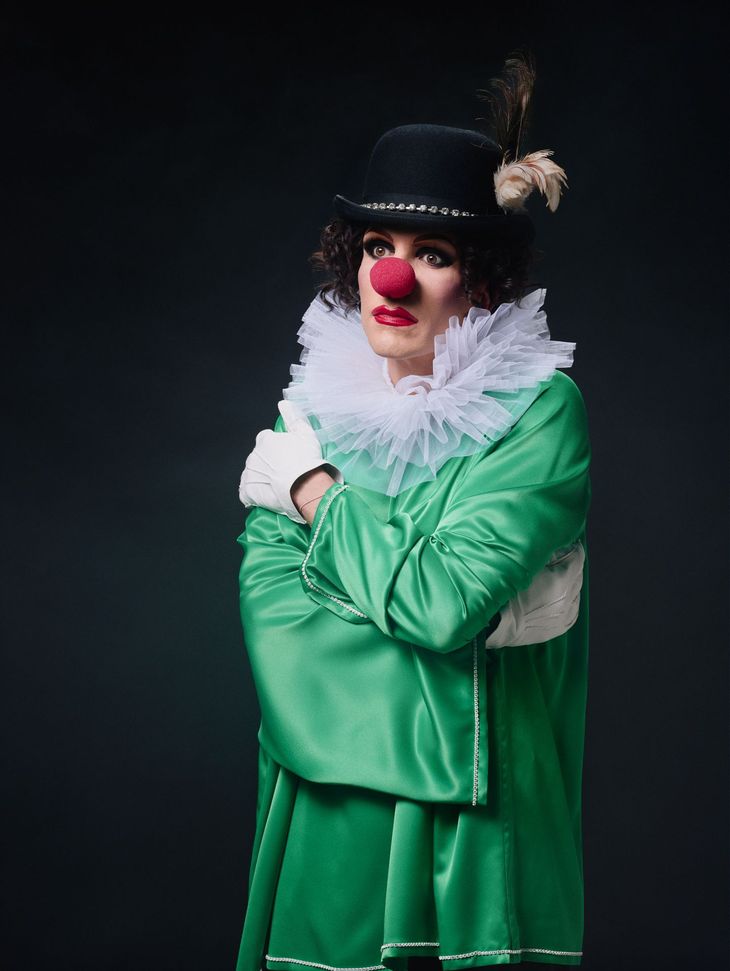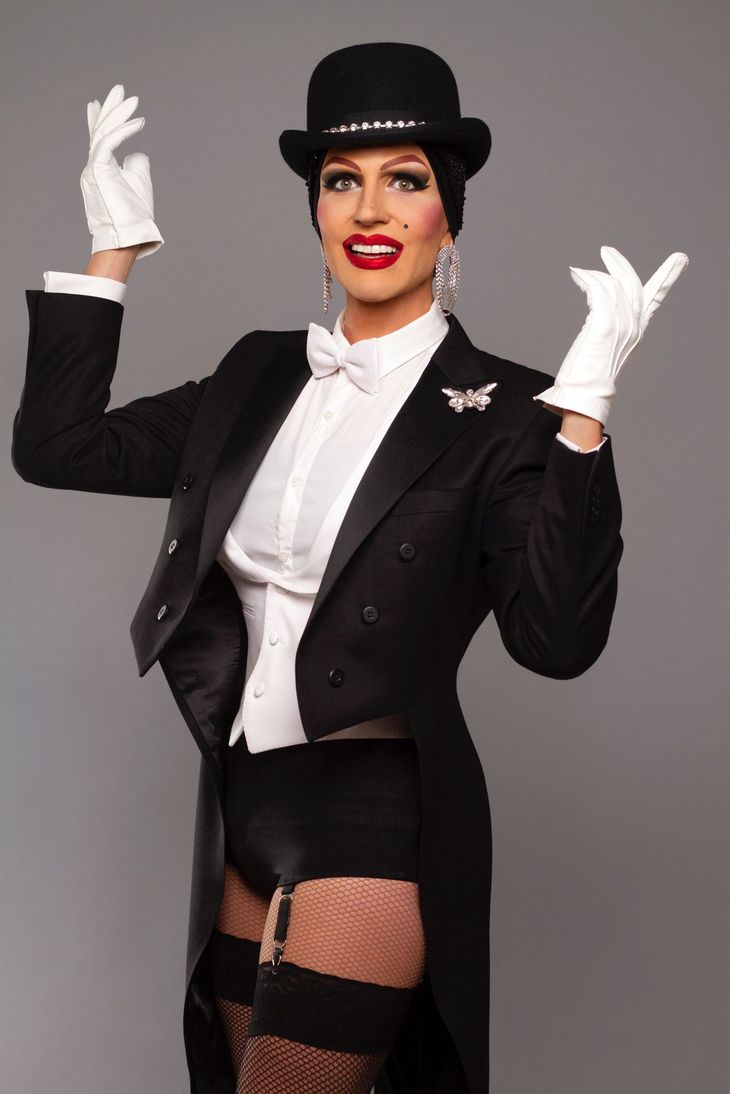With the show “Lucas Gonzalez sings to Nacha Guevara”, The artist will be performing in Buenos Aires after his success in Madrid, starting on August 9th with 5 performances at the Teatro Multiescena CPM. The dancer, singer, actor and drag artist pays tribute to Nacha Guevara with the recreation of his life and work, from his childhood in Mar del Plata, his time at the Di Tella Institute, exile, Broadway and his return to Buenos Aires. We spoke with Gonzalezbased in Madrid for 16 years.
Journalist: How did your admiration for Nacha Guevara begin?
Lucas Gonzalez: It is very particular and I let it emerge when I was older. Like art, which I had relegated for two decades and the same with coming out of the closet. If you ask me if I sang in the school choir when I was little, zero, because I wanted to protect myself, to belong, I didn’t want to stand out. Nacha has always caught my attention, she is the richest artist, she has thousands of nuances, she is versatile, she is very clear about how she wants to show herself. I started studying classical dance when I was 20, big, not because my parents didn’t let me before but because I discovered myself as an adult. Until I was 19 I knew I was gay but I wanted to avoid it, current times are very different but it was the 90s and it was like that. All my study with art began when I was older and the same with the connection with Nacha, although I have always admired her. I was captivated by the different things she said in “I like to be a woman”, she was different from the rest of the actresses and singers.
IMG-20240729-WA0056.jpg
Q: What moments of Nacha’s life does the show cover?
LG: It goes from her childhood in Mar del Plata, her rebellious adolescence, her time at the Di Tella Institute, her exile, her arrival on Broadway, her connection with tango, and the finale is her return to Buenos Aires in 1983. It’s a very visual show, it’s a one-woman musical, I tell her story. I find it attractive on a dramatic level, it has a lot of chiaroscuro, it has poetry, harmony, beauty, there is acting, live songs, I do drag to personify Eva Perón when Nacha arrives on Broadway and what is particular about this period is that it houses those anthems of her career, between the ages of 20 and 43 she recorded “Mi ciudad”, “Send in the clowns”, “No llores por mi Argentina”, “La canción del odio”, “La mucamita”, “Soy snob”, “Yo soy la Nacha”, “Aquí estoy”, “Por qué cantamos”, etc.
Q: How was your time at Caviar?
LG: I was there for 3 years, I was a dancer, we got along very well with the group, they were very demanding and perfectionists and I left because I stayed to live in Madrid, in fact I arrived with a season of Caviar, the group returned to Buenos Aires, continued for a while and then with Jean’s death it was interrupted. It left me with that school that I absorbed in my training as a classical dancer, which is very rigid and instills discipline. I continued exploring it but my artistic perception was different because I was a dancer in the group, in those years I was on stage but I was not the performer and artist that I am today. I was distant, I was not as mobilized. My personal evolution made me grow on an artistic level.
Q: How did the public in Madrid receive you?
LG: I have lived there for 16 years, but in the first few years I invested a lot of energy in the wrong places. There is a gay neighbourhood here, Chueca, with bars and pubs, and I thought that was my place there, but no, because people didn’t pay to see me, but to have a drink and have fun. Until I realised and turned to small venues and theatres, years went by, I studied singing, I finished drama and there was a slow but constant evolution and I built up my small audience.
IMG-20240729-WA0057.jpg

Q: What is the difference with the Argentine public?
LG: The Argentines are much more passionate, more expressive, you can see it, you can hear it, you can feel it. Here they are colder, they applaud, they are delighted, they are also passionate because they come from the copla but they are less effervescent. When they won the only World Cup, they didn’t go out to celebrate until the final, and we go out to celebrate every game, at all times, even when we lose and we are going to receive the national team. We are more loving as a public and for the interpreter that is fuel.
Source: Ambito
I am an author and journalist who has worked in the entertainment industry for over a decade. I currently work as a news editor at a major news website, and my focus is on covering the latest trends in entertainment. I also write occasional pieces for other outlets, and have authored two books about the entertainment industry.




